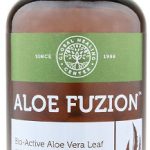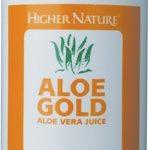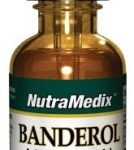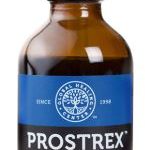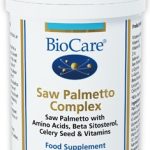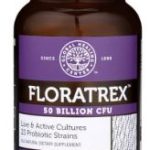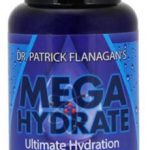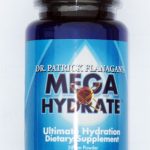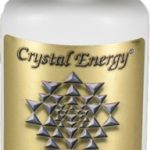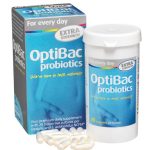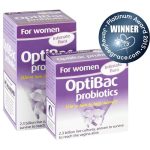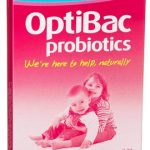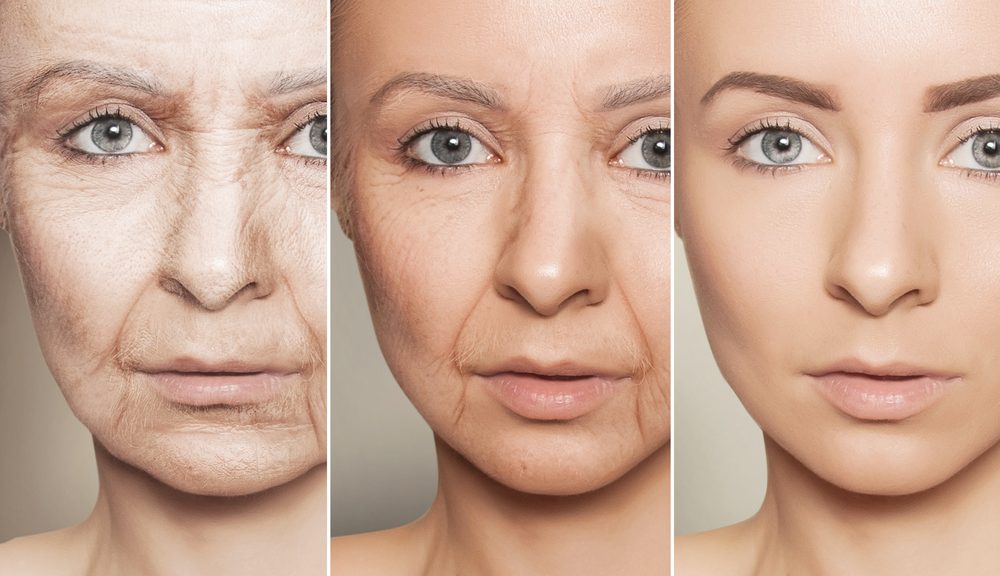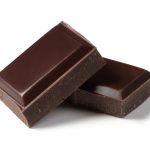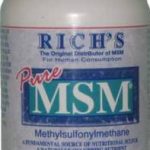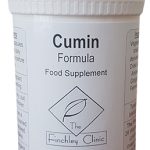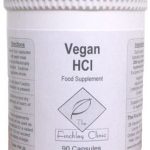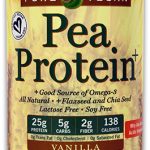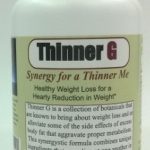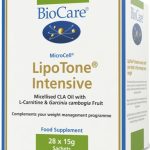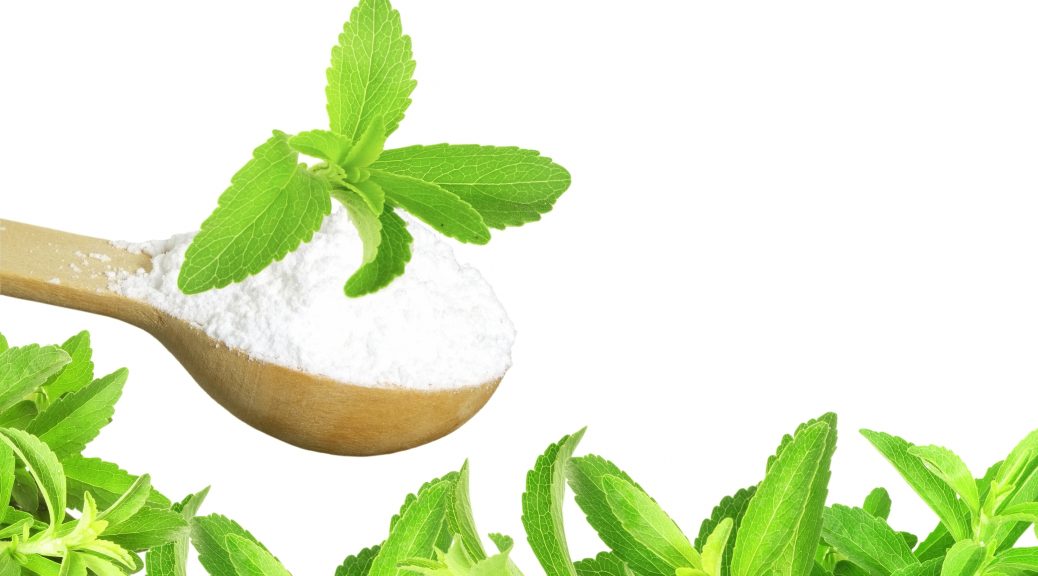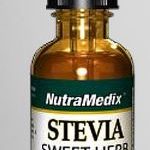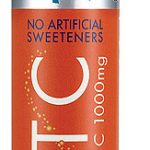Over the past few decades it’s been drilled into us just how important it is to make sure we’re hydrated. Now, we tend to think this means making sure we don’t feel thirsty and have enough water in our bodies to sate a potential lack of H2O. But you probably weren’t aware of the importance of making sure the individual cells of your body are properly hydrated, were you? This is where MegaHydrate comes in.
An excellent and, therefore, popular supplement, MegaHydrate boasts one of the highest antioxidant potentials on the planet. It was created specifically to boost cellular hydration by reducing the surface tension of water within the body, which really means hydrating the cells in the body. The science behind enables a more efficient elimination of toxins and metabolic by-products on a very specific level within the cells – as well as a boost in the delivery of nutrients to the cells.
In fact, MegaHydrate (which is not only available at The Finchley Clinic but, at present, on special offer through us) is claimed to be more than one hundred times more potent than many plant-based antioxidant sources – including the likes of Vitamin C, Vitamin E, green tea extract, and grape seed extract. How so? Well, containing as it does silica hydride, MegaHydrate has something of a secret weapon, for that appears to be the only antioxidant compound that doesn’t transform into a pro-oxidant after donating its electrons, instead combining with other hydrogen atoms to form a harmless gas or with oxygen and hydrogen to form water.
Brilliant benefits
So much for the science, but what about MegaHydrate’s benefits? What specifically does it do for your body…?
- Boosts negatively-charged hydrogen ions – as a super-concentrated source of these ions, MegaHydrate has a very low oxidation reduction potential (ORP). A low ORP means that the antioxidant is extremely likely to donate electrons and act as a more potent free-radical quencher.
- Could slow ageing – because of its hydration capacities, MegaHydrate may increase moisture in all body parts, giving us a more youthful, vital appearance. This also means that the hair, skin and fingernails may seem more lustrous and shiny.
- Drives up absorption of hydrating elements – MegaHydrate was developed to offer the same benefits as the waters found in high elevation regions of the world. In some elevated areas of places such as Pakistan, Ecuador and Germany, people seem to live longer and with a better quality of life well into 100 years of age. This is because of the water structure of the frozen glacier water of these regions of the world. MegaHydrate mimics these waters in both its structure and health effects. This form of water does not have to work to be absorbed by our cells, but enters into them easily, allowing quicker hydration and nutrient uptake. Good things move into our cells easier, and toxicants also move out easier.
- Counteracts caffeine and alcohol – We may be unaware of it, but caffeine overload can lead to anxiety, insomnia, dehydration, stress, dizziness and headaches. MegaHydrate can help counteract the negative consequences associated with excessive caffeine and alcohol intake.
- Improves negatively-charged ion levels – negative ions have been shown to boost our sense of well-being and overall health. Hydrogen ions are key to the body’s energy balance. Without enough hydrogen ions from the plants and water we take in, the cells cannot effectively counteract the creation of free radicals in the body, leading to cellular damage and potentially shorter cell life.
- Promotes the ‘zeta potential’ – through its principle ingredient, silica hydride, MegaHydrate augments what scientists call “zeta potential” in our blood cells. This compound boosts the charge, as well as stability and space between the blood cells. With more zeta potential, we get more surface area for blood cells. More surface area in these cells allows more room for toxicants such as bacteria, fungus, viruses and pollutants to be expelled. Cleansing waters can reach our cells better due to the increased surface potentials. Studies confirm this heightened zeta response in cells upon taking MegaHydrate.
- Improves total antioxidant levels – studies show that one serving provides more antioxidant content than many of the popular superfoods: including wheat grass, green tea, leafy greens and other vegetable and fruit juices. Heightened antioxidant activity may be a key factor in promoting a multitude of health benefits such as longevity, better memory, better energy levels, improved sight and hearing and reduced chances for chronic disease development.
- Delivers oxygen – the negative hydrogen atoms in MegaHydrate push cells apart, instead of drawing them together. This spaciousness increases fluidity in the lymph system and pulls more oxygen into cells. It also has been found to aid the liver in toxin removal.
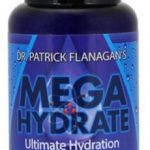 MegaHydrate – something of an anti-ageing pill, it’s a supplement that’s undoubtedly one of the most powerful antioxidant supplements available anywhere in the world, thanks to being as much as 800 percent more effective than other known products or foods; an amazing remedy for anti-ageing and boosting energy levels throughout the body.
MegaHydrate – something of an anti-ageing pill, it’s a supplement that’s undoubtedly one of the most powerful antioxidant supplements available anywhere in the world, thanks to being as much as 800 percent more effective than other known products or foods; an amazing remedy for anti-ageing and boosting energy levels throughout the body.
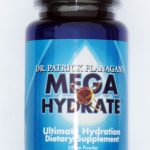 MegaHydrate (Powder) – the same great supplement as the standard above version, only in powder- not, capsule-form; indeed, for those requiring a higher dosage, Megahydrate powder works out much better value for money than the capsules.
MegaHydrate (Powder) – the same great supplement as the standard above version, only in powder- not, capsule-form; indeed, for those requiring a higher dosage, Megahydrate powder works out much better value for money than the capsules.

